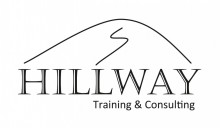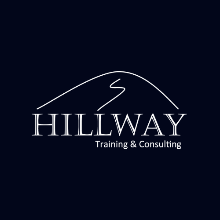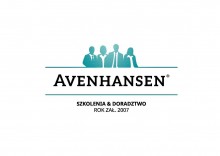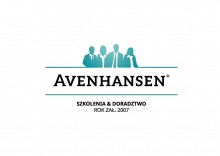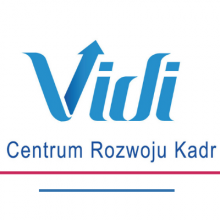Training objectives
- Gain and consolidate information necessary for giving effective feedback in various professional circumstances.
- Complete own feedback-giving toolbox.
- Get, practice and improve practical skills useful in different types of feedback.
- Identify individual strengths and areas for improvement in rendering feedback.
Estimated contribution of the practical part: 60%
Duration: 2 days for 6 h
Programme and exercises
1. Introduction: creating a high-performance and open feedback culture in your team
• Role of Mission, Vision, Values and organizational culture.
2. Key feedback principles
• Focusing on situation.
• Maintaining the self-confidence and esteem of others.
• Building constructive relationship.
• Taking initiative.
• Leading by example.
• Thinking with perspective.
3. Evaluating the performance
• Using systematic approach.
• Defining opportunities and areas for feedback.
4. Feedback scenario
• Focusing the discussion.
• Asking questions.
• Presenting point of view.
• Receiving and handling the reaction.
• Gaining agreement.
5. Difficult feedback discussions
• Disagreement about a performance issue.
• Resistance to take action to improve.
• Zone of concern, manipulation.
• Resistance to change and development.
6. Key feedback-related models and techniques
• Dreyfus and Hersey-Blanchard models.
• Conscious competence and Kolb’s experiential learning cycle, GOLD.
• FFCE (+), NVC, Cialdini’s laws of persuasion.
• Motivating and goal-setting: GROW, SMART, Dilt’s pyramid
• Elements of negotiations.
7. Monitoring and corrective actions
• Coaching cycle.
• Negative feedback.
• Individual recovery plans.
8. Developing people, giving recognition
• Clues for development.
• Offering suport.
• Why is rewarding a challenge?
• My plan for next steps.
Exercises:
• Warm-up quiz: Good/bad feedback.
• Pairs practice: What stops me from giving feedback; My best/worse feedback giving/receiving experience; Setting frames and repositioning.
• Role plays: Constructive feedback; Difficult feedback; Crucial decision.
• Surveys: How are my feedback-giving skills?; Measuring assertiveness level; My management style; My conflict resolution style.
• Creating plans: individual development, individual recovery, next steps.
Methodology:
- Quiz: online voting and gathering ideas or filling the pre-prepared forms to collect and evaluate parameters under study, e.g competence in feedback-giving and/or to consolidate the acquired knowledge.
- Pairs practice: Participants in pairs discuss the given subject , exchange experiences and findings, draw conclusions to be presented during the panel discussion.
- Role playing: Participants in sub-groups take roles of a boss, a person receiving feedback or an observer. After the play they discuss main findings and present them to the whole team, where the general conclusions are drawn.
- Panel discussion moderated by the trainer: Trainer presents the topic for primary elaboration in sub-groups or for direct discussion. It is focused on real examples from participants’ every-day practice. The team strives to exchange ideas, make common findings and draw general conclusions.
- Surveys and self-diagnosis tests: Participants answer the yes/no questions, assign values, fill printed or online score cards in order to diagnose their individual profile for the chosen traits/competences.
6. Presentation, mini-lecture: The trainer presents main theory aspects in PP and invites for questions and discussion
Oferees:
The workshop is addressed mainly to managers who would like to use feedback as an important tool in their every-day, periodical and strategic approach, aimed at improving individual employee’s and team’s performance.
Team members will also benefit from participation in context of open and efficient communication with peers and management, assuring mutual positive relations.













